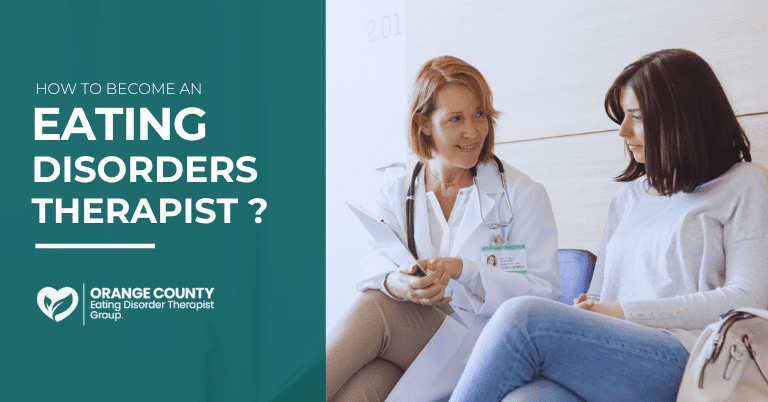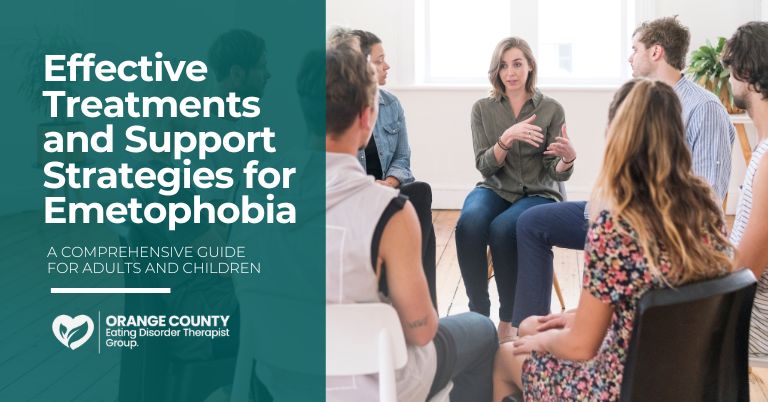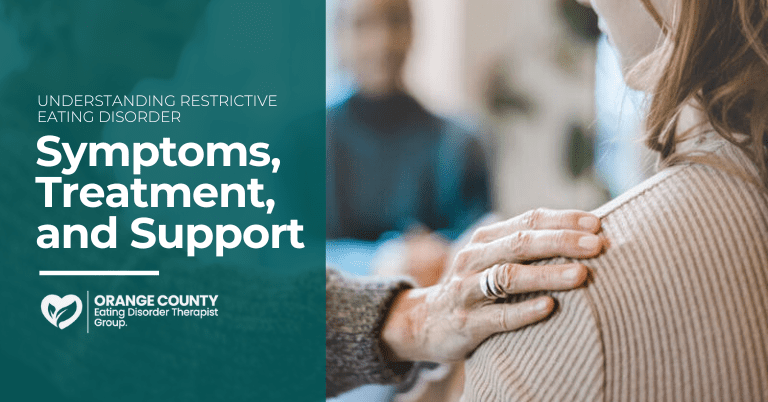How To Become An Eating Disorder Therapist
Eating disorders are complex mental health conditions that can stem from a variety of factors, including genetics, environment, trauma, and societal pressures. They manifest in various forms such as anorexia nervosa, bulimia nervosa, and binge eating disorder, each with its own set of symptoms and challenges. Recognizing the intricate nature of how to become an eating disorder therapist is essential for those aspiring to become therapists in this field.
The Role of Eating Disorder Therapists
Eating disorder therapist, also known as counselors, play a crucial role in providing psychotherapy and support to individuals struggling with disordered eating habits. They employ evidence-based treatments such as cognitive behavioral therapy (CBT) and family-based therapy to address underlying psychological issues and promote recovery. Collaborating with a multidisciplinary team of professionals, including registered dietitians and medical specialists, is often part of their approach to comprehensive care.
Qualifications and Skills Required
- Deep Understanding of Mental Health Principles: Acquire knowledge of various psychological theories and concepts related to eating disorders, including cognitive-behavioral models, family systems theory, and trauma-informed approaches.
- Empathy: Capacity to empathize with the experiences and emotions of individuals struggling with eating disorders, recognizing the complexity and challenges they face.
- Effective Communication Skills: Strong verbal and nonverbal communication abilities to facilitate meaningful therapeutic interactions with clients.
- Compassion: Genuine care and concern for the well-being of clients, demonstrated through actions and attitudes that convey warmth, kindness, and understanding.
- Adaptability: Flexibility to tailor therapeutic interventions and treatment plans to meet the unique needs and preferences of individual clients.
Educational Requirements
- Prospective eating disorder therapists often pursue advanced degrees in psychotherapy, clinical social work, or counseling as part of their educational journey.
- These graduate programs offer comprehensive training in various aspects of mental health, including assessment, diagnosis, and treatment planning.
- Students gain practical skills and theoretical knowledge necessary to support individuals with eating disorders through evidence-based interventions and therapeutic approaches.
- The curriculum of these programs typically includes coursework in psychological theories, counseling techniques, and specialized training in eating disorder treatment modalities.
- Graduates are equipped with the foundational knowledge and skills needed to provide effective support and intervention for clients struggling with disordered eating habits.
- Advanced degrees in psychotherapy, clinical social work, or counseling serve as a solid foundation for aspiring eating disorder therapists to embark on their careers and make meaningful contributions to the field of mental health.
For specialized care and expertise, individuals may consult with an Eating Disorder Specialist, who offers targeted interventions and treatments tailored to the unique needs of each client.
Through Eating Disorder Counseling, individuals can explore their relationship with food in a safe and supportive environment, while accessing valuable insights and coping strategies. Furthermore, accessing Eating Disorder Resources such as support groups, educational materials, and online forums can offer additional support and guidance throughout the recovery process.
Licensing and Certifications
In most jurisdictions, eating disorder therapists are required to obtain state licensure to practice independently. Additionally, pursuing specialized certifications in eating disorder treatment can demonstrate proficiency and commitment to the field. Continuing education and professional development are essential for staying abreast of emerging research and best practices.
Tips for Success
- Dedication: Commit yourself fully to supporting individuals with eating disorders.
- Resilience: Develop the ability to bounce back from challenges and setbacks in therapy.
- Professional Development: Continuously enhance your skills and knowledge through ongoing learning opportunities.
- Therapeutic Alliances: Build strong, trusting relationships with clients based on empathy and understanding.
- Evidence-Based Practices: Stay informed about the latest research and treatments in eating disorder therapy.
- Supportive Environment: Foster a collaborative and supportive work environment for yourself and your colleagues.
Conclusion
Becoming an eating disorder therapist is a rewarding yet challenging journey that requires dedication, empathy, and continuous learning. By acquiring the necessary qualifications, honing essential skills, and embracing the complexities of eating disorder treatment, therapists can make a profound impact on the lives of individuals struggling with disordered eating habits.
An Eating Disorder Therapist provides specialized counseling and therapy tailored to address the underlying emotional and psychological aspects of disordered eating habits. Collaborating closely with an Eating Therapist, who focuses on promoting healthy relationships with food, these professionals offer guidance and support to individuals navigating their recovery journey. Additionally, an Eating Disorder Dietician plays a crucial role in developing personalized meal plans and nutritional strategies to support physical health and well-being.
How To Become An Eating Disorder Therapist
To embark on the path of how to become an eating disorder therapist, one must pursue specialized education and training. A bachelor’s degree in psychology, social work, or a related field is typically required, followed by a master’s degree focusing on mental health therapy. Gaining licensure is essential, which involves completing supervised clinical hours and passing a comprehensive exam. Additionally, obtaining certifications specific to eating disorders enhances expertise and credibility in this niche. For more detailed guidance on the educational requirements and certification process, you can visit the American Psychological Association’s website.











